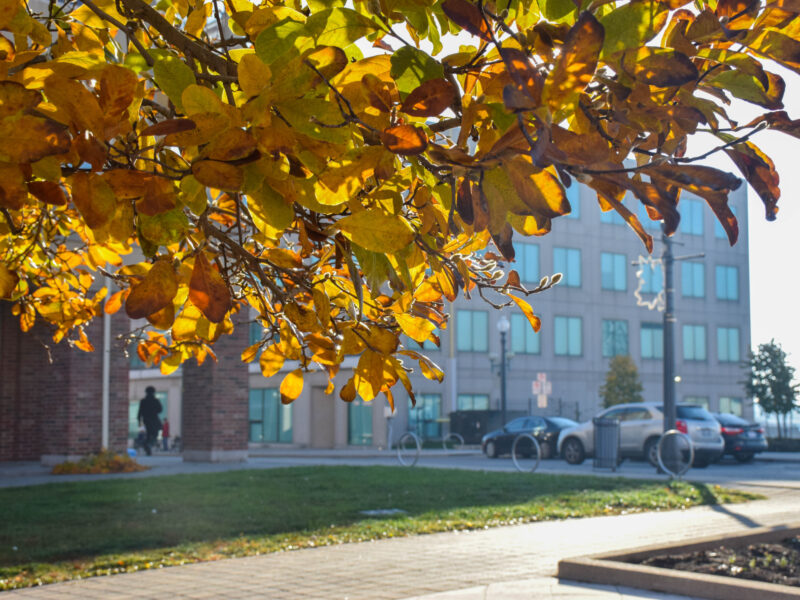– Matt Mente, News Editor
The case of William Whatcott is once again being reviewed this time by the Supreme Court of Canada. The case began back in 2001 and 2002 when Whatcott distributed different fliers in Saskatchewan. The fliers were strongly anti-gay and used terminology considered by many to be offensive. After receiving complaints the Saskatchewan Human Rights Commission ruled against Whatcott stating that the fliers constituted hate speech. This ruling was later overturned and the case has now gone on to the Supreme Court for a final ruling.
Whatcott is a Christian conservative activist who has been campaigning against homosexuality and abortion in Regina for a number of years. In his youth Whatcott relied on work as a homosexual prostitute in order to support himself. In 1991, Whatcott graduated from Humber College with a diploma in Practical Nursing.
Whatcott has gotten in trouble for picketing abortion clinics though he is primarily known for stuffing mailboxes with his fliers and pamphlets, many of which are quite graphic. Complaints about this are what have led to most of his arrests including the present trial.
Commission lawyer Grant Scharfstein has told reporters, “We are not saying he cannot express those publicly. What we are saying is that he cannot do it in a way that is hateful,” indicating the group does not oppose his beliefs, just the way he has presented them.
“Obviously there are two sets of rights at issue here; one concerning the right not to have ones safety threatened the other dealing with free speech,” explains Dr. Andrew Robinson, the head of Laurier Brantford’s Human Rights and Human Diversity program.
In Canada the right to free speech is protected under the Canadian Charter of Rights and Freedoms. Hate crime is also deemed illegal; this includes hate speech and inciting hatred. This case is an important one because it will serve as a landmark in determining the boundary between the Charter and the Criminal Code of Canada.
The key portion of the charter relating to this case states that:
“The Canadian Charter of Rights and Freedoms guarantees the rights and freedoms set out in it subject only to such reasonable limits prescribed by law as can be demonstrably justified in a free and democratic society.”
This leaves the Supreme Court to determine whether or not Whatcott is justified in spreading this material or if it does indeed constitute something that promotes hatred of homosexuals.
“Personally, although I don’t support the kind of language that he used, I hope the court would side with freedom of speech,” Robinson said. “The alternative would be a situation where courts and government bodies get to decide what citizens get to say to each other, while that makes sense when it comes to actually inciting to violence anything short of that is the cost of living in a free society.”



